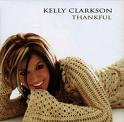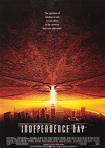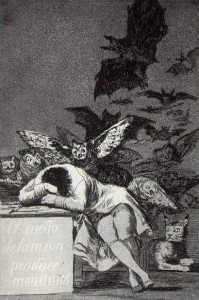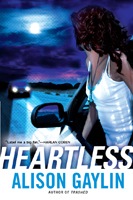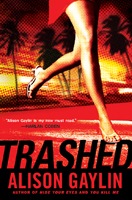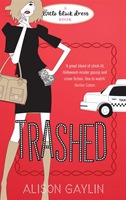By John Ramsey Miller
www.johnramseymiller.com
I have never had writer’s block. I have had my share of fits of laziness, but I can always sit down at my computer and knock out a chapter or three. I credit my time, in the late eighties, that I spent as an advertising copywriter with Hoffman/ Miller Advertising. Each day I would sit at a typewriter––an IBM Selectric first, and later an Apple Lisa–– and I would knock words out in short or long lines. I knew I wasn’t writing The Catcher In The Rye, but I took what I was doing seriously because I knew that companies and their employees depended on what I did to communicate what they offered, and that they depended on my judgment and creativity to grow their sales.
In those days, in a booming New Orleans, I would work on several accounts every day, so my mind was constantly changing gears between real estate, to jewelry, Italian clothing, oil & gas, tank storage farms, banking, foods, hot tubs, parking decks, mayonnaise, coffee & tea, chemicals, hospitals, restaurants, and other private, retail and wholesale clients whose needs varied. I wrote or directed to be written, brochures, catch lines, jingles, TV and radio spots, body copy and point of sale ads. There were always deadlines that couldn’t be missed no matter what else was going on, and we never missed one, although our suppliers did on occasion.
Most importantly, I learned to take rejection, and never to take it personally, and to get on to the next thing with enthusiasm and a clear head. We were a young agency and we often went up against other larger agencies and often we lost out, not based on our creative solutions, but because other larger agencies were seen as “safer”. We rarely had the advantage, but we often won with our creative approaches.
We’d begin campaigns by asking ourselves questions about what the client’s target customer was going to stop and look at, and what they might act on or would likely pass over. I was fortunate that I had a partner, Nathan Hoffman, who was and had a remarkable work ethic, and we didn’t care who came up with or got the credit for an idea that made sense.
I learned to take criticism of my ideas and copy and to make changes based on what other people who knew thought without feeling offended or slighted. If you don’t have a thick skin you can’t be successful in advertising or writing commercial fiction. Once we sold a new logo and accompanying campaign to a CEO of a large company, but before we left, he asked the cleaning lady who was emptying his trash can which one she liked, and she picked the old one and said she hated the one we’d agreed on because she “didn’t get it.” Even though she was accustomed to the old one because she knew it, she planted a bad seed in his mind and shook his confidence in the new logo. He had a point since a logo had to make sense to everyone and might be too radical a change too fast and leave some old customers baffled. We ended up doing an updated variation of the old logo, and nobody was lost in the shuffle. Once we had to throw out a campaign that was unfolding over several months because the client’s wife had a friend she trusted who was “bored” with the campaign and thought it ought to be more exciting. Explaining numbers of impressions needed over time to establish the client’s products was a waste of time. The client ate the expense of starting a new more exciting campaign because, and I quote, “I have to sleep with my wife.” All we could was what the client asked for.
I had one client, David Rubenstein, whose Rubenstein Bros. clothing stores told me. “John, you can agree with my ideas and do what I think is best against your better judgment, which is what I am paying you for, but if it fails, I’ll blame you. If you disagree, just say so, and if I go against your suggestions, I’ll take the blame.” Clients as perfect as David Rubenstein were indeed rare, but treasured by our agency.
So I think back on those days and what I learned, and realize that it helped me become the writer I am. I am easy to work with because I understand that it’s the end product that counts. Although I have a lot of control of my stories, I always listen to my agent and my editor because they know more than I do, and I am always ready to make whatever changes they feel will improve my work. And, you know, so far they have always been right.
When I am called upon to give advice to new authors, I can only go back to what worked for me, and most of it all goes back to those days when I was filling blank pages without knowing there was such a thing as writer’s block.

